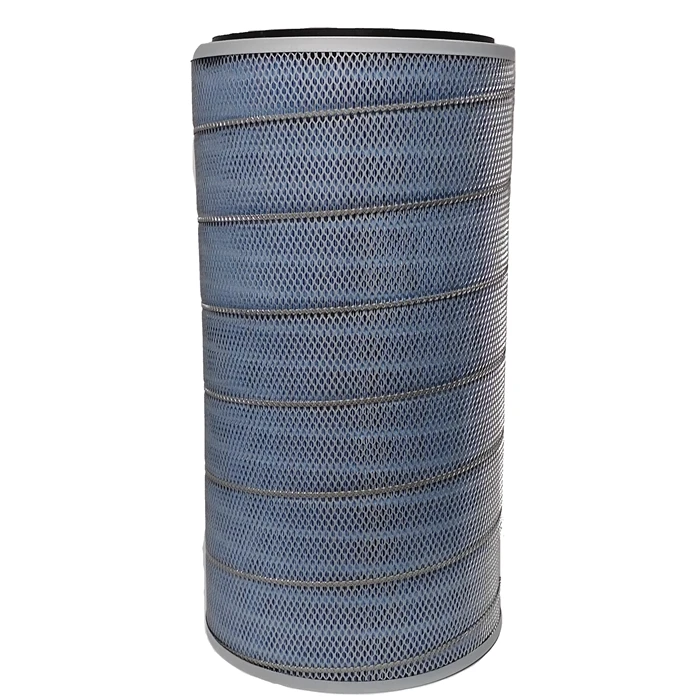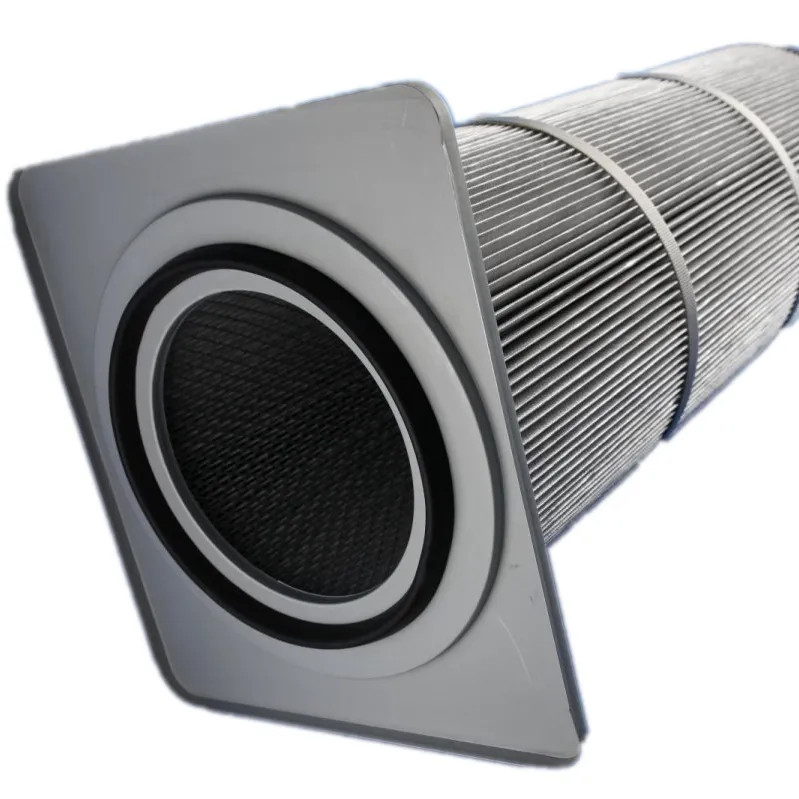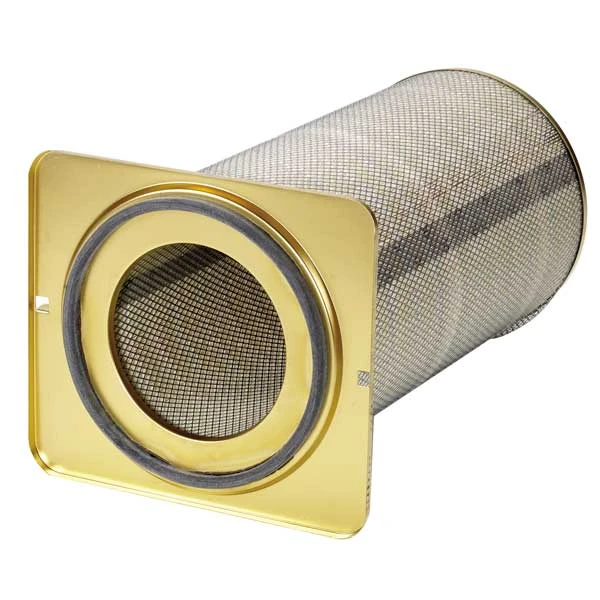 Tel:
+8618931101301
Tel:
+8618931101301
dec. . 07, 2024 12:44 Back to list
gas turbine filter
The Importance of Gas Turbine Filters in Modern Power Generation
Gas turbines play a crucial role in the modern energy landscape, providing efficient and reliable power generation for various applications, from industrial facilities to aerospace industries. However, the performance and longevity of gas turbines heavily rely on the efficiency of their filtration systems. This article delves into the significance of gas turbine filters, examines their types and functions, and highlights the best practices for maintaining optimal filtration.
Understanding Gas Turbine Filters
Gas turbine filters are essential components designed to protect the turbine from airborne contaminants that can impair performance and lead to premature wear. These contaminants often include dust, sand, pollen, and other particulates that can enter the turbine during operation. The primary function of filters in a gas turbine system is to ensure that the air entering the compressor is clean, thereby maintaining the efficiency and reliability of the turbine.
Types of Gas Turbine Filters
Several types of filters are utilized in gas turbine systems, each serving specific functions and applications.
1. Dry Filters These are often made from pleated media that captures particulate matter without the use of water or chemicals. Dry filters are effective for medium to high-efficiency applications and can be designed for easy replacement.
2. Wet Filters These filters use a liquid medium to trap particles and are typically utilized in environments with heavy dust and pollutants. Wet filters can offer higher efficiency but require regular maintenance to ensure their performance remains optimal.
3. Coalescing Filters Often used to separate liquid droplets from the air, coalescing filters are crucial in applications where humidity can lead to moisture contamination in the fuel or air intake.
4. HEPA Filters High-Efficiency Particulate Air (HEPA) filters are designed to remove very small particles, making them ideal for environments requiring stringent air quality standards. These filters are essential in industries such as pharmaceuticals, food processing, and electronics manufacturing.
The Impact of Efficient Filtration
gas turbine filter

The efficiency of gas turbine filters directly impacts the performance of the turbine. By minimizing the amount of particulate matter entering the system, filters help to maintain the air compressor's efficiency, which in turn ensures that the entire gas turbine operates at optimal levels. Additionally, effective filtration can decrease maintenance costs and extend the lifespan of turbine components.
Failure to adequately filter the intake air can lead to several issues, including
- Reduced Efficiency Contaminants can cause a loss of performance, leading to decreased output and increased fuel consumption. - Accelerated Wear Particles may cause abrasion on turbine blades, leading to costly repairs or replacements. - Increased Downtime Maintenance and repair due to filter failure can lead to operational downtime, impacting productivity and profitability.
Best Practices for Maintaining Gas Turbine Filters
To ensure that gas turbine filters function effectively, operators must adhere to best practices in maintenance and monitoring. Some of these best practices include
1. Regular Inspection and Replacement Filters should be inspected regularly for signs of clogging or damage. Following the manufacturer's guidelines for replacement schedules can help maintain optimal performance.
2. Monitoring Air Quality Understanding the environmental conditions in which the gas turbine operates can inform operators about the potential contaminants and help in selecting the most suitable filter type.
3. Implementing Predictive Maintenance Utilizing technologies such as vibration analysis, temperature monitoring, and airflow measurements can help predict the condition of filters and other turbine components, allowing for proactive maintenance.
4. Training Personnel Ensuring that all personnel are adequately trained regarding the importance of filters and how to manage them will lead to better overall operational efficiency and safety.
Conclusion
Gas turbine filters are vital in ensuring the efficiency, reliability, and longevity of gas turbine systems. By understanding the various types of filters and implementing best practices for maintenance, operators can significantly enhance turbine performance and operational success. As the energy sector continues to evolve, the role of effective filtration will only become more critical in the quest for sustainable and efficient power generation.
-
Cold knowledge of air filters: Why are some designed to be pleated?NewsJun.16,2025
-
Factory direct supply! High-precision air filter element wholesale and customizationNewsJun.12,2025
-
A complete analysis of the practical value of activated carbon filtersNewsJun.10,2025
-
Why are high iodine coconut shell activated carbon filters more durable?NewsJun.06,2025
-
Gas Turbine FilterNewsJun.06,2025
-
Filter TurbineNewsJun.06,2025

 Email:
Email:





